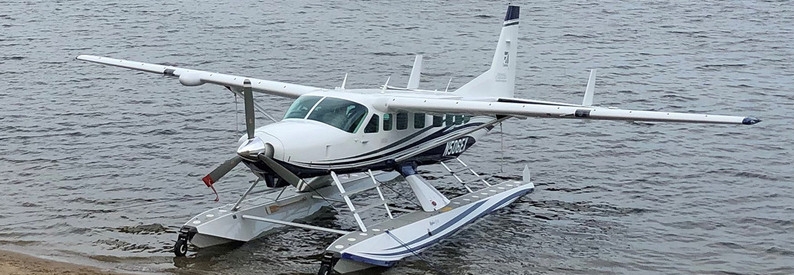Surcar Airlines (Gran Canaria) has signed an agreement with ZeroAvia (Hollister Municipal) to retrofit Twin Otter seaplanes with ZA600 hydrogen-electric engines for sightseeing flights in the Canary Islands, the companies announced.
The startup - backed by majority Canarian capital and Denmark's Nordic Seaplanes - plans to begin operations at an undisclosed date with conventionally powered aircraft before switching to hydrogen-electric engines.
ZeroAvia is on track for certification of the ZA600, a 600kW engine for nine to 19-seat aircraft over the next two to three years. It holds a Memorandum of Understanding (MoU) with De Havilland Aircraft of Canada (DHC, Toronto Downsview), the type certificate holder of the Twin Otter.
Surcar Airlines founder and Chief Executive Officer Gerardo Morales-Hierro previously told ch-aviation that Nordic Seaplanes - which operates two DHC-6-300s - would be in charge of the Canary Islands operation, but the launch date depended on the certification of Spanish water airports. "Working with ZeroAvia will help us to deliver cleaner flights while also fostering positive impacts on the local community and the environment," he added in the statement.
ZeroAvia Chief Executive Officer James Peck said: "The Canaries are a perfect use case for the earliest zero-emission flights, given the opportunity for replacing combustion engines on short island-to-island routes. Developing green options for inter-island travel will help further increase the appeal of one of Europe's most popular holiday destinations."
The company recently completed ten test flights of a prototype of its ZA600 aboard a Do228 at its UK base in Kemble, Gloucestershire. Hydrogen-electric engines use hydrogen in fuel cells to generate electricity, which is then used to power electric motors to turn the aircraft's propellers.

